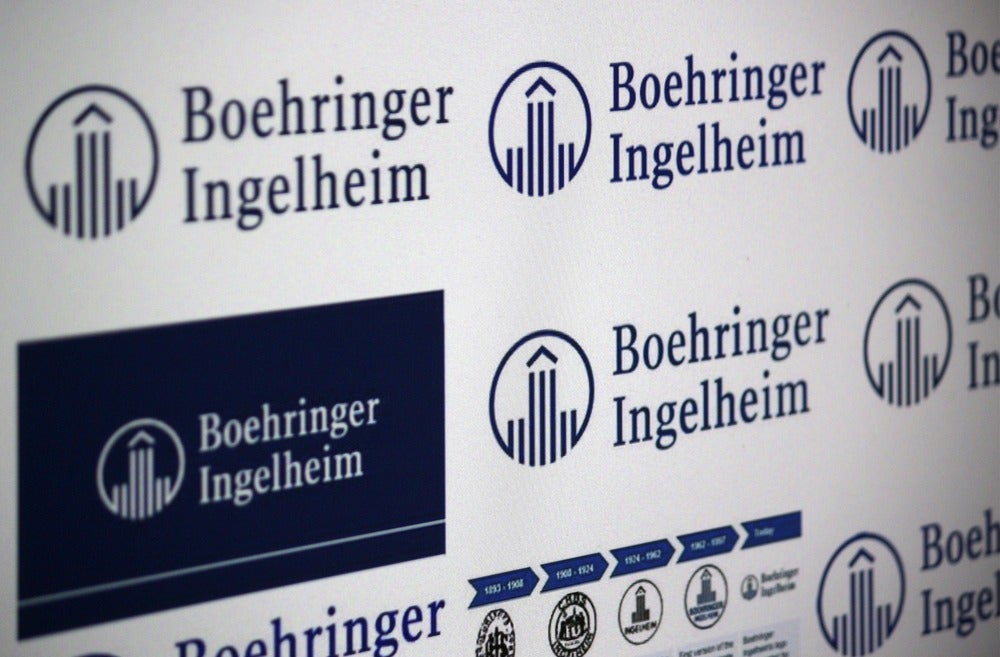Record-keeping during clinical trials is notoriously difficult and records are often erroneous or incomplete, which may put patient safety at risk and ultimately skew trial results.
A collaboration between German pharmaceutical company Boehringer Ingelheim and IBM Canada intends to combat this with the use of blockchain technology in clinical trials.
Blockchain 2019: clinical trial pilot collaboration
The two companies are expected to begin the collaboration with a pilot project that will evaluate the use of blockchain in parallel with more traditional study methods, in a trial that is set to begin in the coming weeks and wrap-up before the end of the year.
The healthcare market is increasingly looking to blockchain technology, which refers to a distributed system of recording and storing transaction records in a digital ledger.
The data is shared via a peer-to-peer network, limited to a set number of stakeholders, with each record secure from being tampered with by anyone else within the group.
Clinical trials often involve multiple centres with different institutional review boards and sources of trial data. As such, it can be difficult to manage data and consent to provide a clear record that all parties can access and understand.

US Tariffs are shifting - will you react or anticipate?
Don’t let policy changes catch you off guard. Stay proactive with real-time data and expert analysis.
By GlobalDataBlockchain can improve this by having a single source to record, monitor and manage all data records.
Many trials also face problems when it comes to patient recruitment, and if blockchain could enable prospective patients to securely store their medical data anonymously, trial recruiters could contact qualifying patients directly.
These potential advancements could significantly accelerate clinical trials and data management, contributing to cuts in the timeline and cost of drug production.
Therefore, GlobalData expects this to be the start of a growing trend in pharma, with more deals and innovation based on blockchain in the future.





